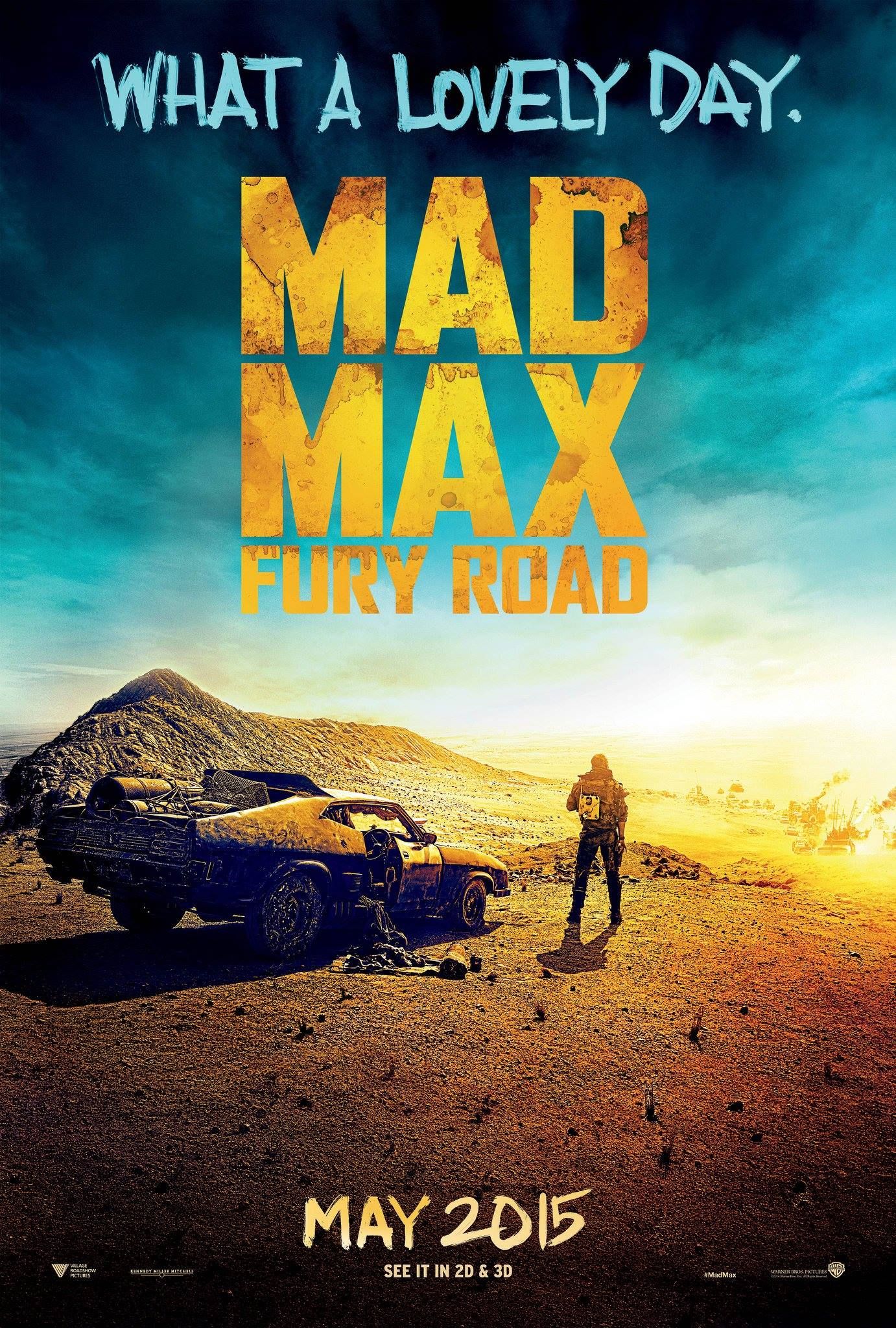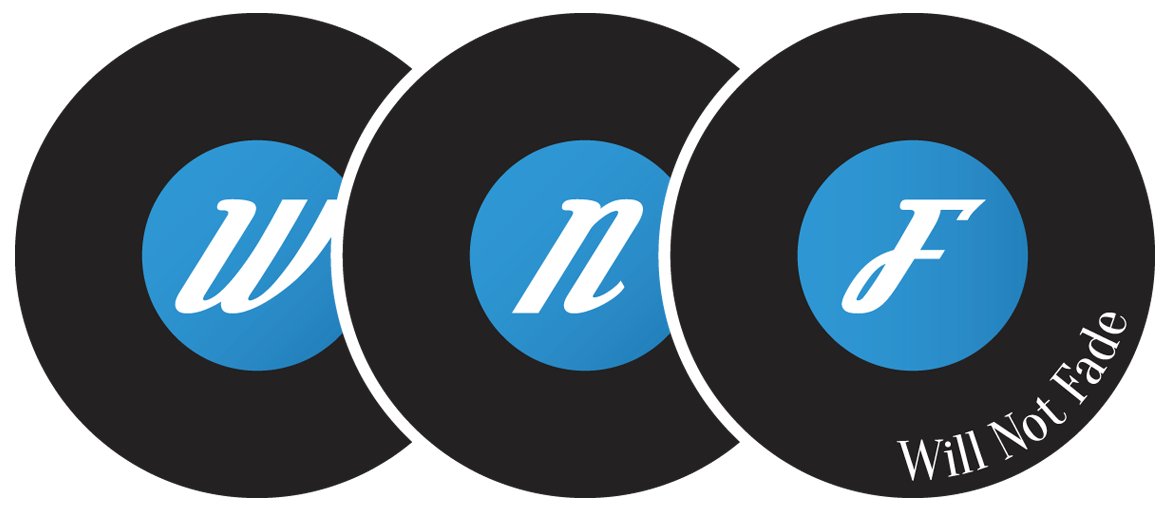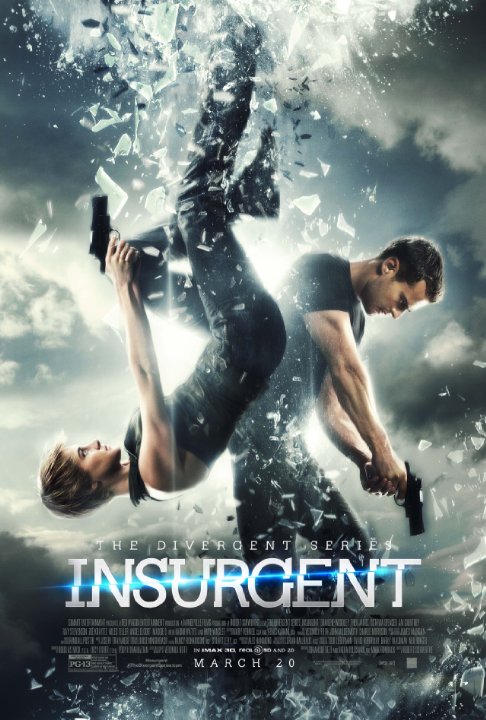I go to the movies probably more than I can afford to, but I seldom review them because nobody wants to read a review written about a movie after it has already been out for a week. I’ll try to sum up my opinion of some of the movies that I’ve watched this year.
Deathgasm was by far the best film of the
year. A perfect blend of action, horror and comedy with soundtrack that referenced metal from local and international bands. I also saw Turbo Kid (also produced by Ant Timpson) during the film festival and it was similar in many ways. Hilarious, gratuitous, and with a kickass 80’s sounding soundtrack. It makes me proud that despite the increasing influence of Hollywood over our local industry, New Zealand can still churn out some brilliant films.
Mad Max: Fury Road is the obvious runner up for film of the year. Full on action the whole way through, without most of the annoying clichés and tropes that you’d associate with a gasoline fueled blockbuster like this.
 And it may be because I only saw it a few days ago, butStar Wars: The Force Awakens gets my vote for third place. I can’t deny being a Star Wars nerd, and I’m glad the new entry does justice to the series. Just as the prequel trilogy mirrored the originals, the new episode mirrors earlier films in a way that feels familiar, whilst still introducing new characters and possibilities. JJ Abrams was a smart choice for director, having revived the Star Trek franchise in recent years.
And it may be because I only saw it a few days ago, butStar Wars: The Force Awakens gets my vote for third place. I can’t deny being a Star Wars nerd, and I’m glad the new entry does justice to the series. Just as the prequel trilogy mirrored the originals, the new episode mirrors earlier films in a way that feels familiar, whilst still introducing new characters and possibilities. JJ Abrams was a smart choice for director, having revived the Star Trek franchise in recent years.
My other faves were The Martian and Everest. I was worried that The Martian would be a drawn out snoozefest like Interstellar (both films stared Matt Damon and were set in space), but The Martian held up as an entertaining and clever sci-fi. I was also pleased to see that Everest lived up to my expectations. I had met Jan Arnold, the wife of lead character Rob Hall, in highschool. Their tragic story was brought to life tastefully, while still retaining essential elements of good cinema.
Children’s films
As a teacher, keeping up with the latest children’s filmsis part of my job. Surprisingly though, I can only think of two that came out this year. Inside Out was a great exploration into human emotion, but was perhaps too mature for its child audience (not that this prevented the children who saw it enjoying themselves). Minions was annoying, and it is a shame that Despicable Me has stooped to such levels. Children loved it though, so it doesn’t matter what I think of it.
I don’t watch as many horrors as I used to, but I still enjoy them. Deathgasm was the best I saw this year, as I stated above. It Follows was a horror that garnered universal critical acclaim. I have mixed feelings about it. I do feel that it was over-rated, but the weird premise did have me thinking about it for days afterwards. I won’t ruin the plot, you’ll just have to find out for yourself if it lived up to the hype.
Cooties was a deliciously fun low-grade horror boasting big name actors (Elijah Wood, Alison Pill, Rainn Wilson). Contaminated chicken nuggets turn children at a primary school into prepubescent zombies, with the teachers resorting to whatever extreme measures they deem necessary for survival.
Music
I was pretty excited when I first heard about Straight Outta Compton, the NWA biopic. I enjoyed watching it, but it was so long that it started to lose impact as it progressed. There has been lots of litigation and controversy surrounding the film, with certain parties claiming that their role has been downplayed (MC Ren), or depicted in defamatory light (Suge Knight – Death Row Records co-founder, and Jerry Heller – former NWA manager). It will be interesting to see how follow up films pan out – a biopic focusing on the following wave of rappers like Snoop Dogg and Tupac is currently in the works.
One heartwarming docu mentary I saw was called Landfill Harmonic, about a village in Paraguay where children form an orchestra in which they play instruments made from rubbish found in the landfill that many of them live on. It’s one of those underdog tales that show how people can rise from poverty to achieve something great.
mentary I saw was called Landfill Harmonic, about a village in Paraguay where children form an orchestra in which they play instruments made from rubbish found in the landfill that many of them live on. It’s one of those underdog tales that show how people can rise from poverty to achieve something great.
The big films.
Star Wars is looking to break all kinds of box office records at the moment, but
it seems that the same could have been said by every major blockbuster that came out this year. Many films were guaranteed to sell just because they were part of a successful series. It helps that Star Wars is actually worth seeing, but let’s be honest, we were all going to go see it regardless. Take the following examples:
Spectre, the latest James Bond film (with the same plot as Mission Impossible: Rouge Nation), was ok, but not great. But you have to see it, simply because it’s Jame Bond. Same goes with any Marvel film. People watch them, regardless of how good they are. I thought that the second Avengers film was better than the first, but it was still forgettable. Jurassic World was an uninspired modern rehash of the original. Some up-to-date CGI wasn’t enough to disguise unlikable actors presenting th e same plot as the earlier films, but despite this, dinosaurs still had pulling power to make Jurassic World millions of dollars.
e same plot as the earlier films, but despite this, dinosaurs still had pulling power to make Jurassic World millions of dollars.
Furious 7 , Terminator: Genysis and Hunger Games: Mockingjay pt 2 were some of the few major blockbusters from established series that I’d consider recommending (other than Star Wars and Mad Max, that I’ve already mentioned).
There were other films that I saw that aren’t worth mentioning, and likely many that I missed that are. What were your top movies of 2015? What ones did I miss that I really need to see? Or which ones do you think I need to reevaluate?
Joseph James


